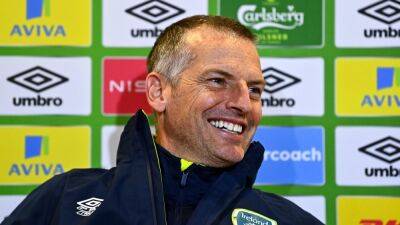'Wrath Of God': Israel's Response To 1972 Munich Massacre
The killing of 11 Israelis at the 1972 Munich Olympics prompted Israel to turn to a strategy which endures to this day: deploying secret operatives abroad to assassinate its enemies. Ever since the Mossad intelligence service embarked on its Operation "Wrath of God" to hunt down senior terrorists it blamed for the Munich bloodbath, it has covertly targeted Israel's enemies overseas.
Half a century ago next week, Palestinian gunmen from the Black September terrorist group broke into the Olympic village and stormed the quarters of the Israeli athletes and their coaches.
After a violent hostage drama, worsened by the blunders of German security services, all the Israelis were dead -- sparking deep dismay in the Jewish state less than three decades after the Holocaust.
"It was a real shock for the Israeli population," recalls Ehud Barak, a former Israeli prime minister who at the time served as a commando leading an elite military unit.
"The combination of the nature of the assassinations and the helplessness of the athletes who were attacked and the fact that it was on German soil somehow resonates," he told AFP.
The killings sparked "deep sorrow with a lot of outrage" and a concerted drive to "take revenge, to kill (the) people involved" and to prevent similar attacks in the future, he said.
The clandestine programme was spearheaded by then Mossad chief Zvi Zamir, prime minister Golda Meir and her counterterrorism adviser Aharon Yariv, said historian Michael Bar-Zohar.
Initially, "after Munich, Golda Meir didn't know what to do", Bar-Zohar said.
The two security chiefs, both with "the air of university professors", met Meir, the Israeli historian said.
"They were timid, well-dressed, and said one thing: 'Now we must








